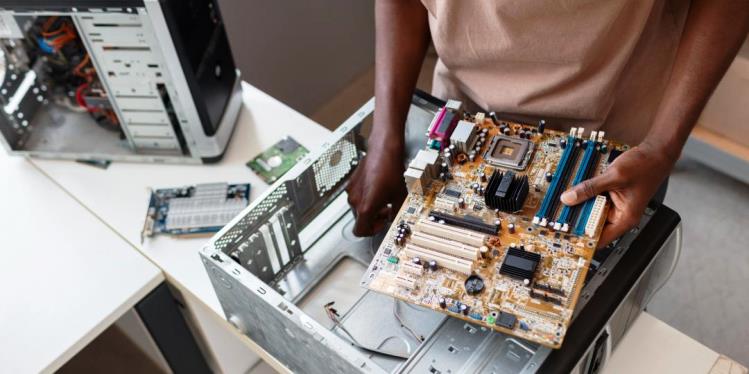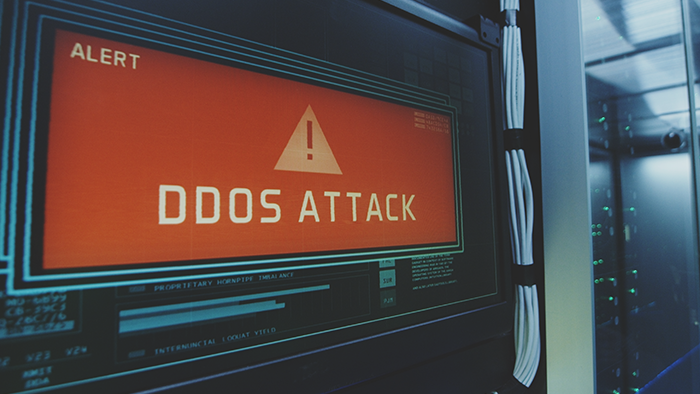As we approach 2025, the IT Asset Disposition (ITAD) industry is undergoing transformative changes driven by shifting client expectations, technological advancements, and evolving environmental priorities.
RELATED: ITAD Governance: A crucial element for ESG compliance
Here are three key trends shaping the future for ITAD providers:
ESG integration Is transforming the ITAD Industry
Environmental, Social, and Governance (ESG) considerations are no longer optional in the ITAD industry. Companies are going beyond compliance to integrate ESG principles into their operations. This shift reflects a growing demand from clients and stakeholders for sustainable and socially responsible practices.
Xperien, for example, aligns its operations with ESG goals, ensuring responsible recycling, secure data destruction, and a commitment to reducing electronic waste. By adopting renewable energy in processes, supporting local communities, and offering transparent reporting, ITAD companies can position themselves as leaders in sustainability.
The rise of certifications and accreditations
Clients increasingly prioritise ITAD providers with professional certifications and accreditations. Adhering to standards such as ISO 14001 (Environmental Management), R2v3 SERI Responsible Recycler and ISO 27001 (Information Security Management) demonstrates a commitment to quality and accountability.
Certification assures clients that their retired IT assets will be handled responsibly, mitigating data security risks and supporting environmental compliance. In a competitive market, showcasing these credentials will be critical for gaining and maintaining client trust.
Automation and efficiency: A competitive advantage
Automation, artificial intelligence (AI), eCommerce platforms, and Enterprise Resource Planning (ERP) systems are no longer optional tools – they are essential for survival. ITAD providers leveraging these technologies can streamline operations, improve decision-making, and enhance client experiences.
For instance, AI-driven analytics can optimise asset valuations, while eCommerce platforms enable real-time tracking and bulk asset sales. Failure to adopt these advancements will leave companies lagging behind as clients demand faster, more transparent, and scalable solutions.
Windows 11: The end of an era for legacy devices
Microsoft’s Windows 11 upgrade, set to mark the end of support for older operating systems by October 2025, creates an urgent need for businesses to reassess their IT infrastructure. Laptops older than six years, especially those using Intel’s 7th generation or earlier processors, face several critical challenges.
Firstly, these devices are becoming increasingly energy inefficient, consuming more power, which leads to higher operational costs and a greater environmental impact. Secondly, they are not compatible with the advanced security features of Windows 11. If they are running Windows 10, Microsoft will impose an additional annual fee of $30 for updates and modern operating system applications, which can also hinder productivity due to performance limitations.
Additionally, refurbishing these outdated laptops often costs more than their resale value, making upgrades the more economical option. Finally, the declining market demand for older technology diminishes their buyback value, further underscoring the need for businesses to transition to newer, more efficient devices.
By 2025, laptops that fall short of Windows 11 requirements will no longer offer a viable return on investment. Businesses are encouraged to transition proactively to newer devices that meet performance and energy efficiency standards.
Proactive asset management: Preparing for the future
ITAD providers like Xperien are uniquely positioned to support businesses during this transition. Services such as secure data destruction, certified recycling, and tailored buyback programs ensure smooth and sustainable IT asset refresh cycles.
As 2025 approaches, companies must align with these trends to remain competitive, support their ESG goals, and leverage technology to unlock new efficiencies. The future of ITAD lies in innovation, responsibility, and a commitment to meeting evolving client and sustainability demands.

































